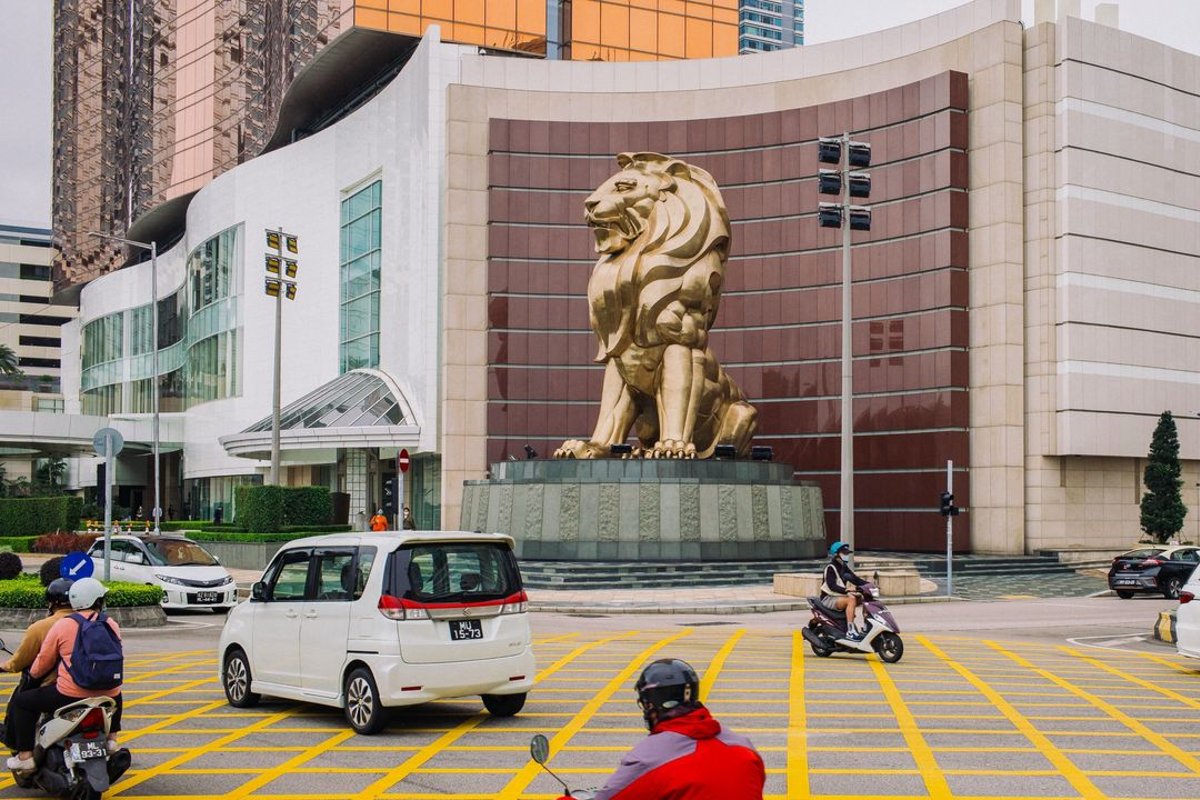Posted on: August 25, 2022, 01:29h.
Last updated on: August 25, 2022, 01:39h.
Macau casino tax receipts through seven months of 2022 totaled MOP13.96 billion (US$1.73 billion), a more than 37% year-over-year decline.

Macau’s six casino operators saw a slight recovery initiate in 2021 after the pandemic’s most limiting year in 2020. But China and Macau’s maintaining of “zero-COVID,” a policy that prompts restrictive measures in response to even small coronavirus outbreaks, has resulted in a gaming revenue retraction in 2022.
Outbreaks on the mainland this year have greatly limited travel across the People’s Republic. And ongoing quarantine requirements in Macau, which were only recently eased, kept the enclave’s casino resorts barren of guests throughout much of the year.
As a result, gaming has again tumbled. Through seven months, gross gaming revenue (GGR) in Macau is down over $18.2 billion from where the industry stood at this time last year. Macau’s government is also suffering along with the casinos, as its tax benefit has dropped by almost $4.5 billion from 2021.
The tax data comes this week from Macau’s Financial Services Bureau.
Government Taps Reserves
Casinos are the backbone of the Macau economy. With gaming nearly non-existent, at least by the market’s standards, the enclave’s government has been forced to rethink its expenditures.
The Financial Services Bureau says total tax revenue between January through July totaled $2.6 billion, meaning gaming accounted for about 66% of the government’s 2022 funding. But the $2.6 billion covers just 44% of the special administrative region’s nearly $6 billion in expenditures this year.
Macau, one of the world’s richest economies prior to the pandemic, has decided to dip into its financial reserves to bridge the roughly $3.4 billion spending gap. Government officials say the region still maintains a $1.25 billion reserve following the distribution.
The local government, at the advisement of the Financial Services Bureau, recently amended its full-year gaming tax forecast from $6.17 billion down to $4.26 billion. Macau levies a 39% GGR tax on five of the six casino operators. SJM Resorts is taxed slightly less at 38%, the discount afforded to the company because of its former monopoly on casino gambling in the SAR.
Despite the gaming tax decline and the necessity to use reserves, Macau plans to continue its welfare spending to help residents mitigate the financial burden of the ongoing pandemic.
Conditions Improving
A bit of welcomed news was delivered by Macau’s Public Security Police this week. It said its tally of arrivals and departures for the seven days ending August 24 hinted at a rebound. Total border traffic exceeded two million people.
The traveler count includes Macau residents coming and going to the mainland. But border agents say more than 207,000 nonresident border crossings were counted during the week, which was up more than 43% from the previous seven days.
The Macau Government Tourism Office (MGTO) this week announced it would resume its mainland marketing campaigns in an effort to return visitors to the casino destination.
The MGTO this weekend will begin its “Experience Macau, Unlimited” roadshow across the Greater Bay Area. The roadshow hyping Macau is set for Hong Kong and nine cities in the Guangdong Province.
